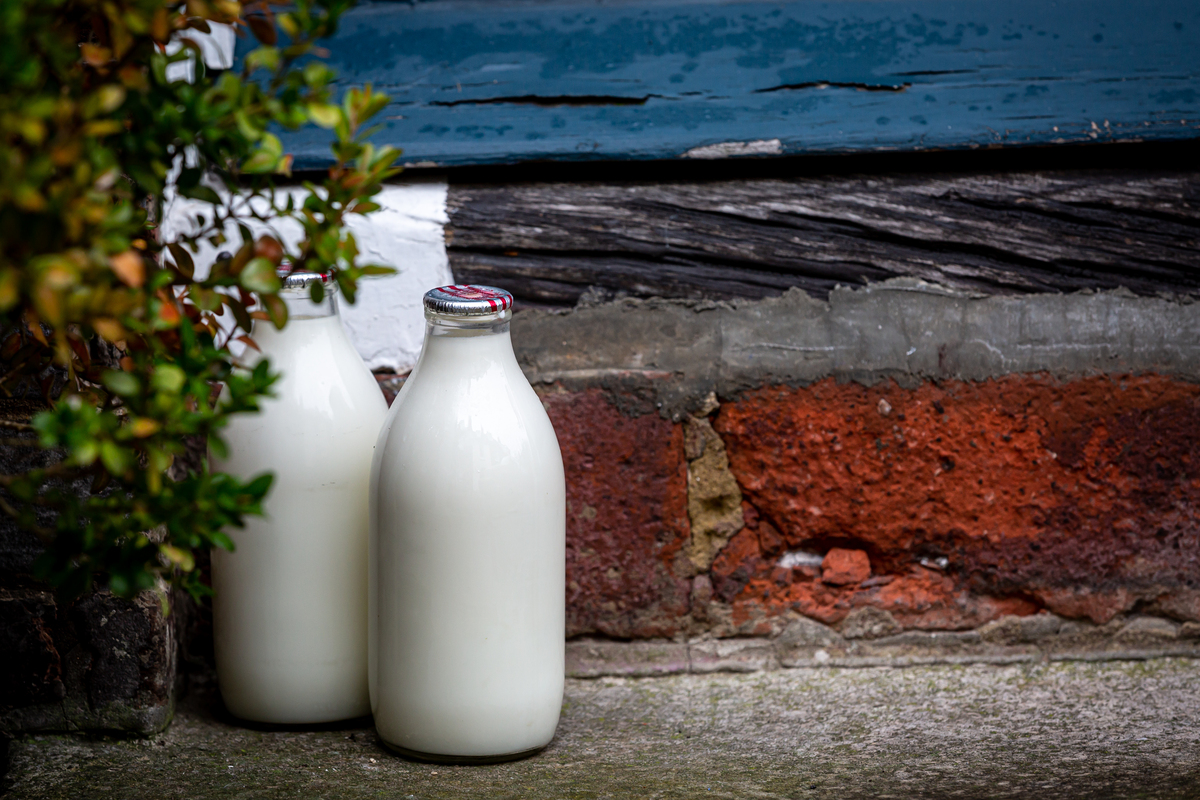What is included in the simplification package?
Under the simplification package, the Commission is considering several short, medium and long-term actions to strengthen the position of farmers in the food supply chain. These were outlined in a Commission ‘non-paper’ in March.
Immediate actions are non-legislative measures and include:
- Increasing the knowledge base on legal and economic issues that impact the operation of the chain.
- Creation of an observatory of production costs, margins and commercial practices.
- Adoption of a report on the updated status of the implementation of the Directive on unfair commercial practices by Member States.
Short term actions will include legislative proposals and include:
- Specific amendments to the Regulation on the common organization of markets (CMO) to strengthen rules on contracts, producer organizations and cooperation between farmers.
- Incentive framework for the development of fair-trade regimes and short supply chains, with the aim of improving farmers' remuneration, and provide the conditions for the expansion of sustainability agreements to include social sustainability.
- Introduce new rules on the cross-border application of unfair trade practices. This would enhance the cooperation of enforcement authorities.
Medium and long term actions will also include legislative proposals:
- The Commission will carry out a comprehensive evaluation of the Directive on unfair commercial practices in the food supply chain. A legislative proposal may follow.
- Accompanying measures are also proposed in the areas of public procurement and to ensure better application of existing rules on agricultural products imported or produced in the Union for plants, food and feed.
What are the timescales?
Discussions are ongoing between the Council and European Parliament, with discussions by Agriculture Ministries taking place in March. Work is continuing on the non-legislative aspects, but with the EU elections set to take place in June, legislative proposals will be postponed until after the summer.
